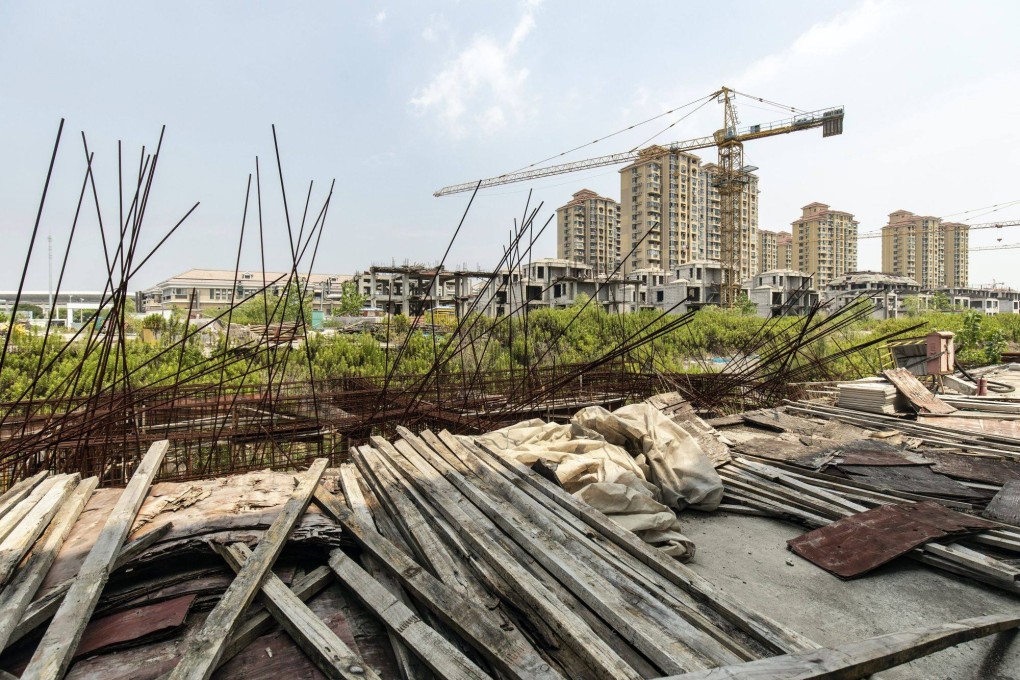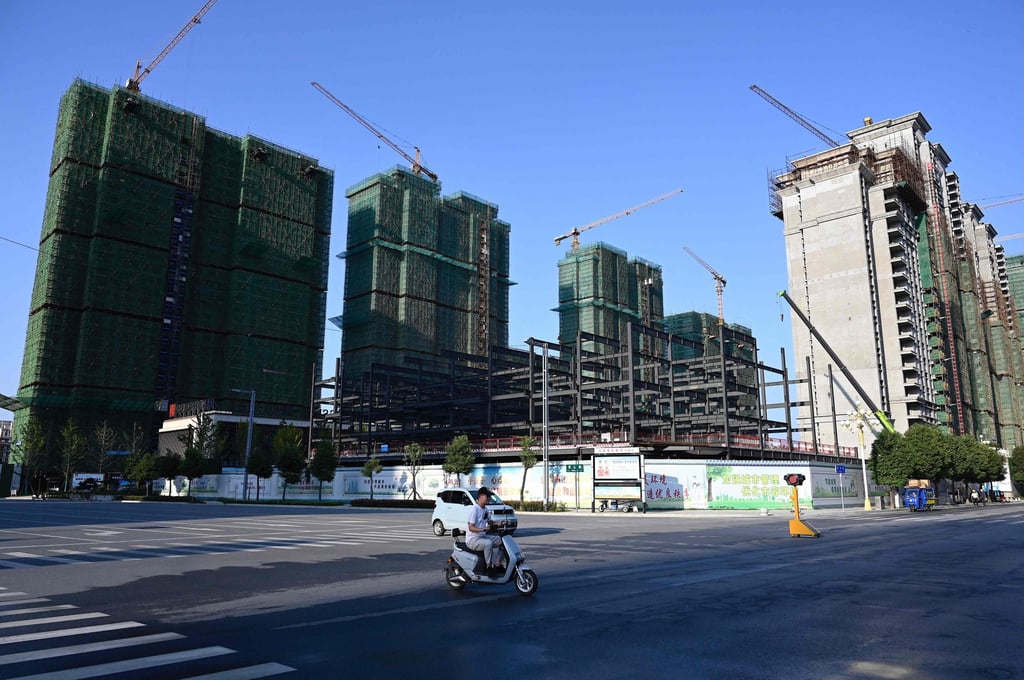China home prices fall for 11th straight month as suspended construction, mortgage boycott and weak economy hit sales
- 70-city index of new home prices in July dropped 0.1 per cent from June and 1.7 per cent year over year, according to the National Bureau of Statistics
- Lower-tier cities took the brunt of the decline, as first-tier cities saw prices increase for both new and secondary-market homes

New home prices dropped in 40 cities and secondary-market prices fell in 51 cities, an increase of two and three cities, respectively, compared with June, the data showed.
Lower-tier cities suffered more than their more populous counterparts. In fact, first-tier cities – Beijing, Shanghai, Shenzhen and Guangzhou – saw new-home prices increase by 3.1 per cent and secondary-market prices increase by 0.9 per cent year-on-year. In contrast, new and secondary-market prices declined by 0.5 per cent and 2.5 per cent in second-tier cities and by 3.2 per cent and 3.9 per cent in third-tier cities, respectively.

“Home transactions declined in many cities, which weakened home prices,” said Yan Yuejin, director of Shanghai-based E-house China Research and Development Institute. More policy relaxation by local governments is necessary to help the market recover, Yan said.